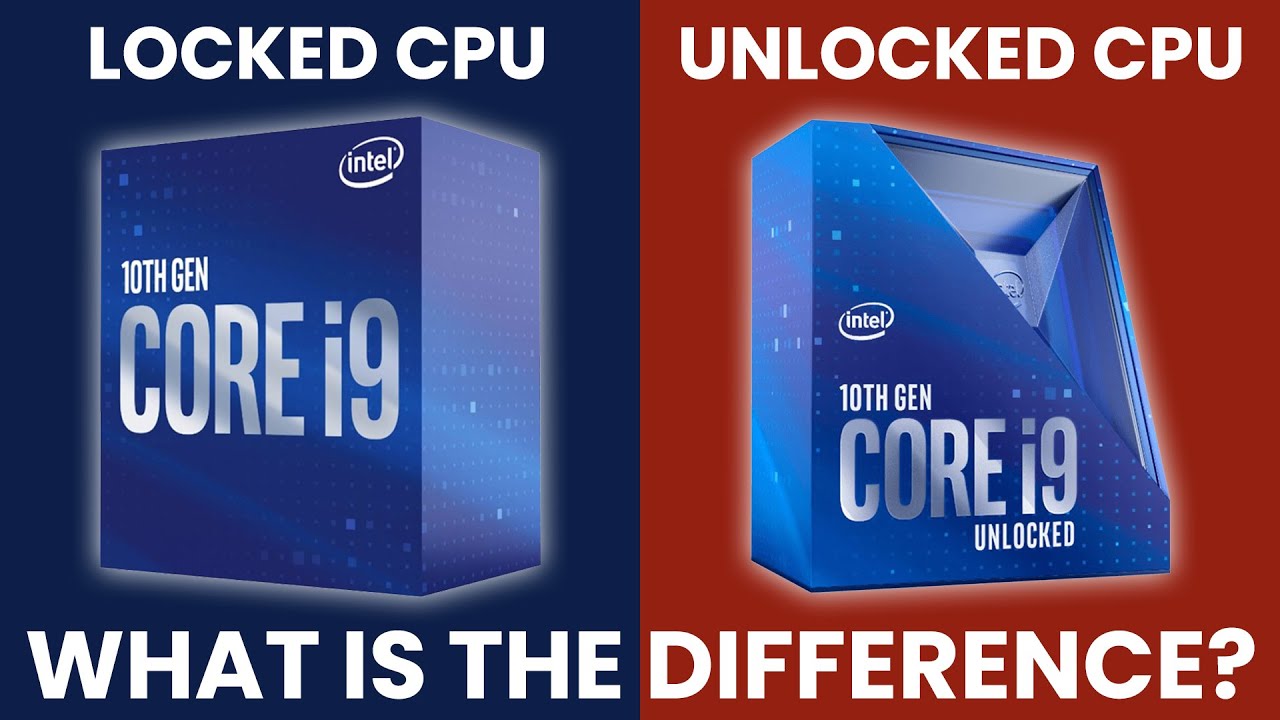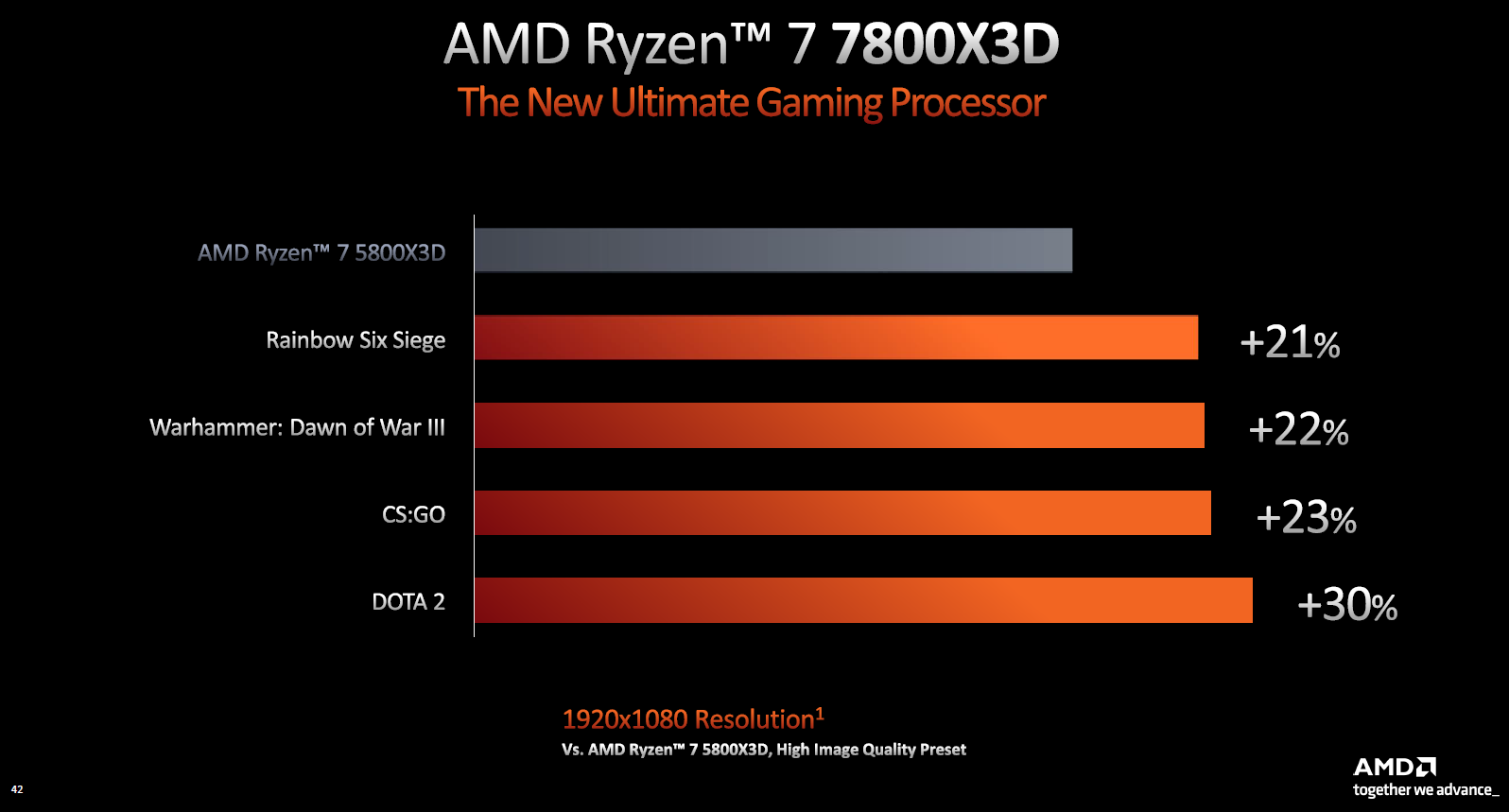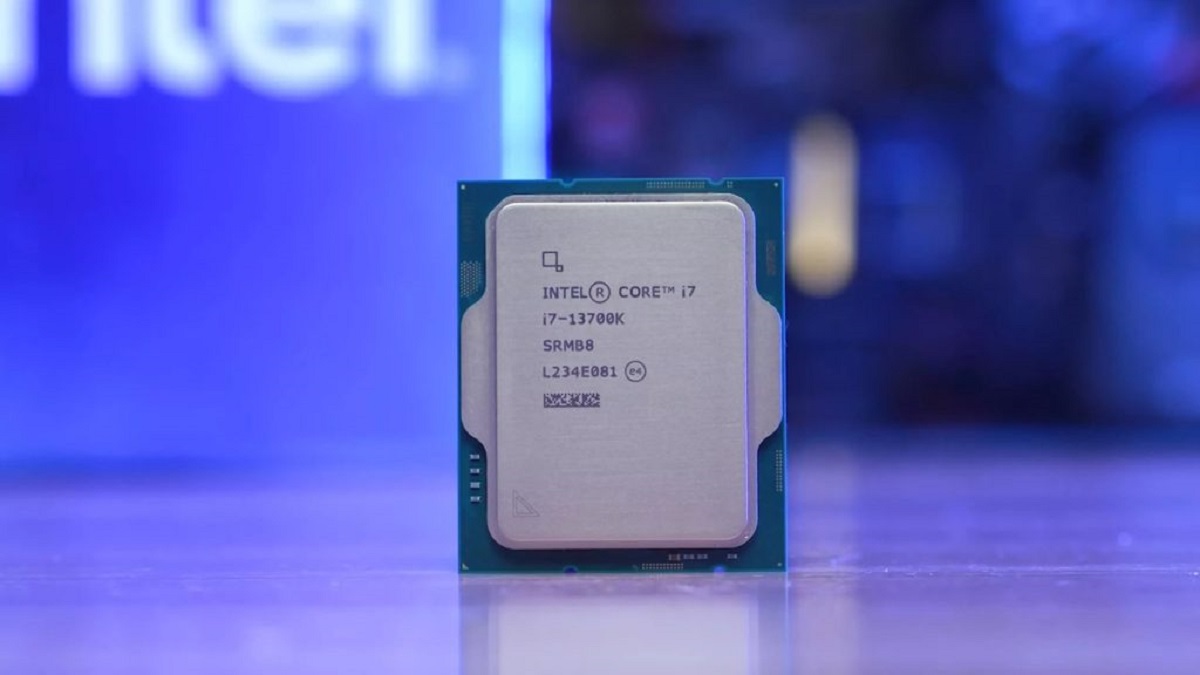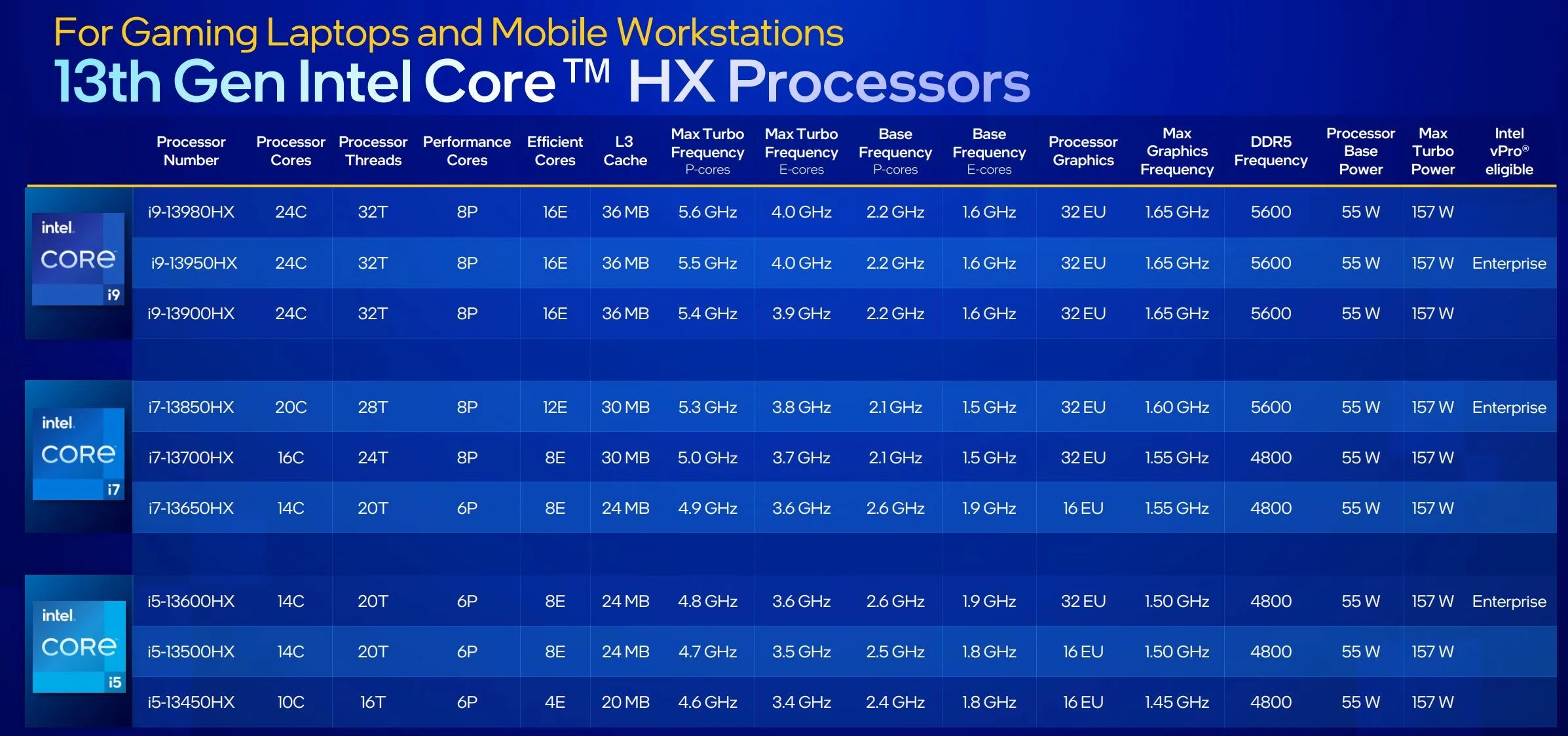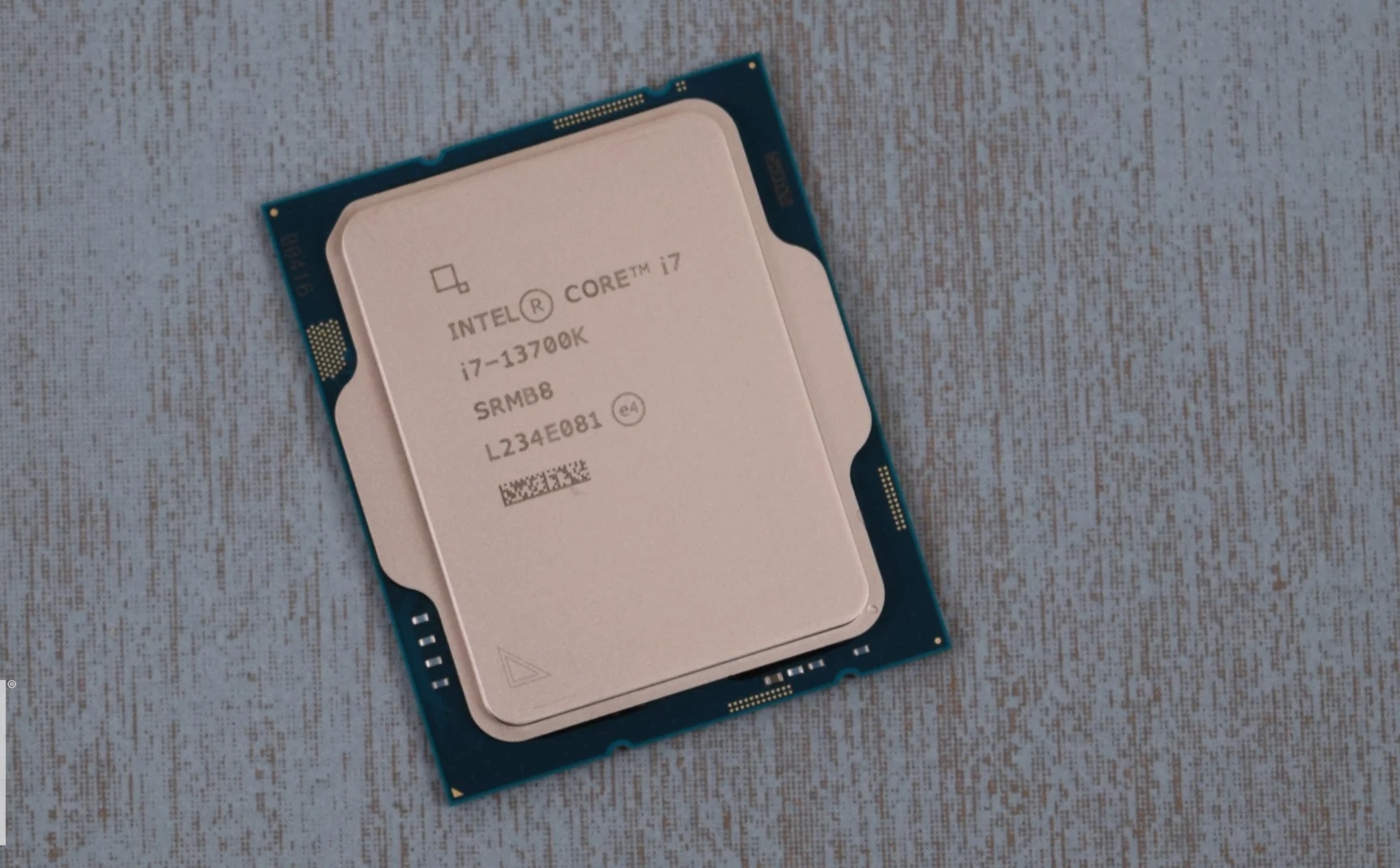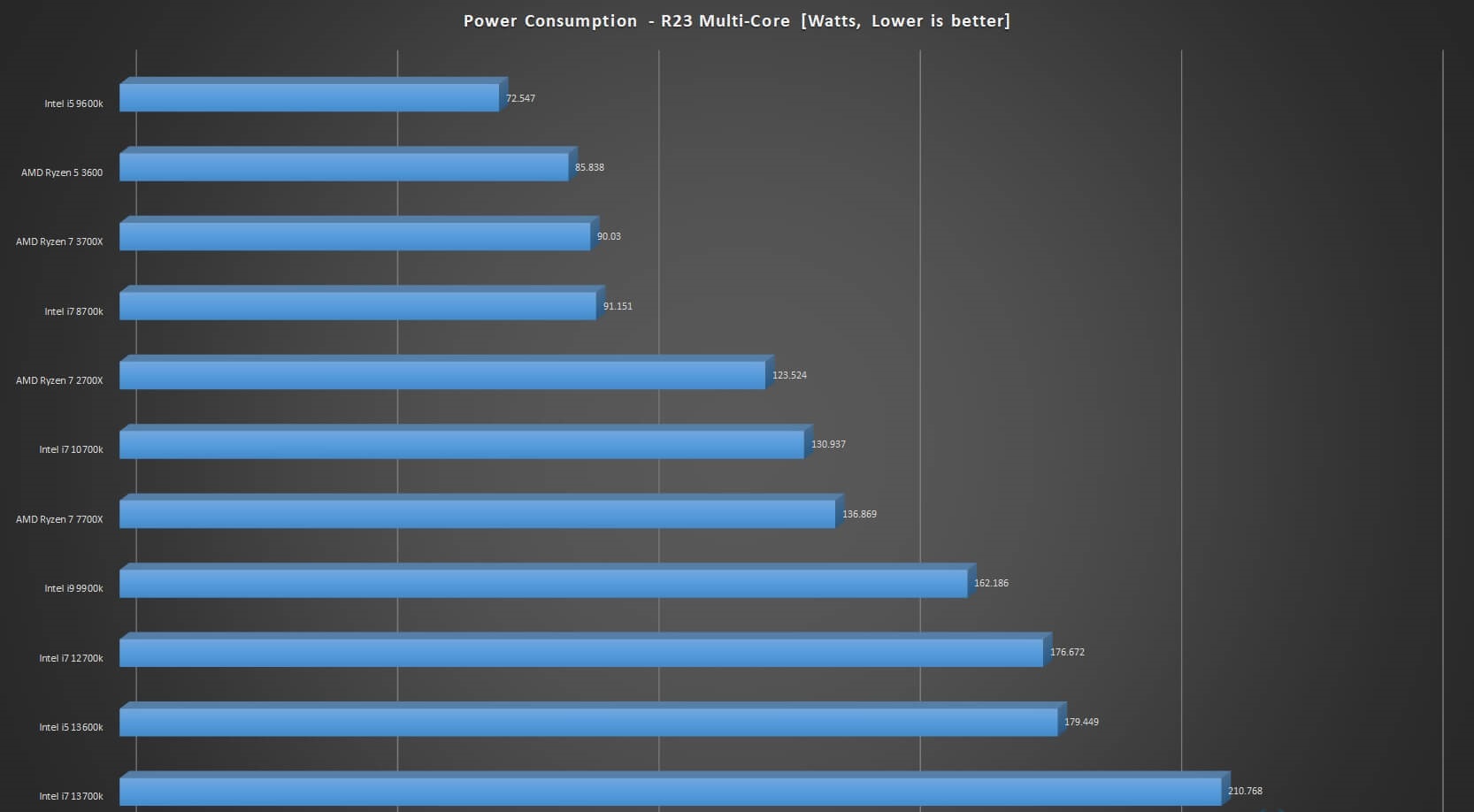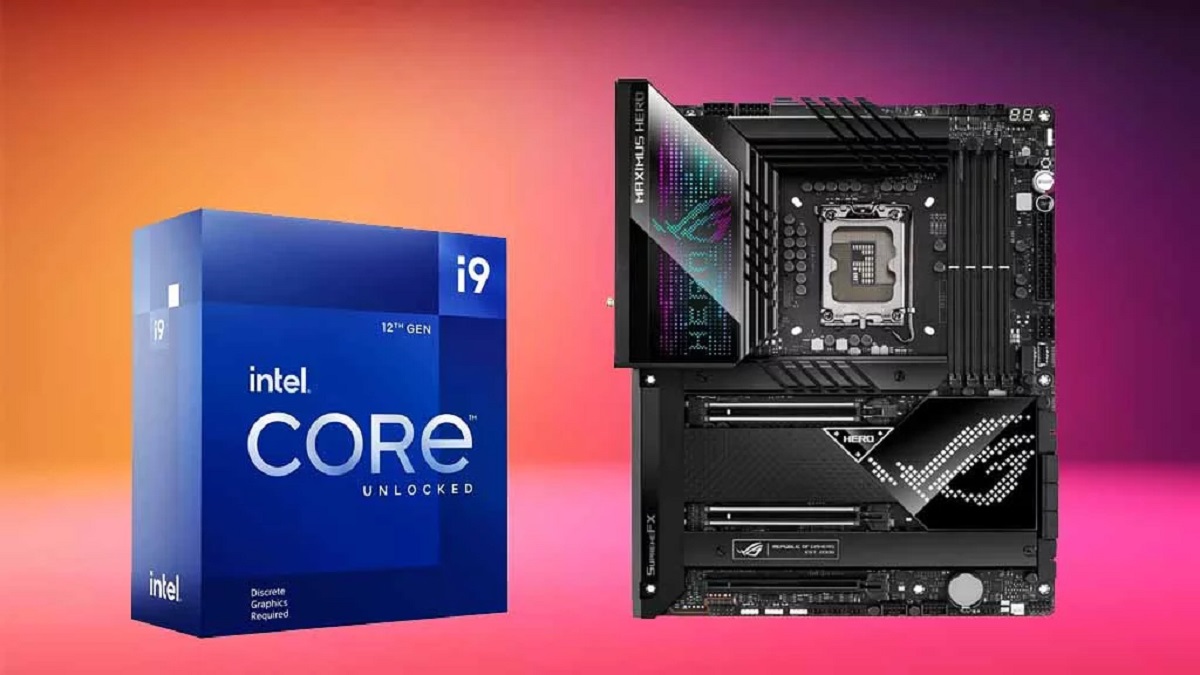Introduction
The Central Processing Unit (CPU) is often referred to as the brain of a computer. It is responsible for executing instructions and performing calculations that drive the operation of a computer system. CPUs come in different variations, from entry-level processors to high-performance ones. However, some CPUs are labeled as “locked” and others as “unlocked”. This raises the question: what does unlocked CPU mean?
Understanding the concept of CPU locking is crucial to demystify the significance of an unlocked CPU. When a CPU is locked, it means that the manufacturer has put certain limitations on its performance potential. These limitations are imposed for various reasons, such as ensuring stability, compatibility, or differentiation between product tiers.
On the other hand, an unlocked CPU grants users the freedom to modify its settings and tap into its full capabilities. This flexibility allows enthusiasts, gamers, and professionals to push the CPU beyond its default specifications, resulting in improved performance. Overclocking is one of the prime benefits of having an unlocked CPU, as it allows users to increase the clock speed and voltage to achieve higher levels of performance.
In this article, we will delve into the details of unlocked CPUs, the benefits they offer, and how to identify if a CPU is unlocked. By exploring this topic, you will gain a better understanding of how an unlocked CPU can enhance your computing experience and unleash the full potential of your system.
Understanding CPU Locking
Before diving into the concept of unlocked CPUs, it’s important to understand the concept of CPU locking. CPU locking is a practice employed by manufacturers to restrict certain aspects of a CPU’s performance. These restrictions are typically implemented to maintain stability, compatibility, or to differentiate between different product tiers.
When a CPU is locked, it means that its settings, such as clock speed, voltage, and multiplier, are fixed and cannot be easily modified. This locking mechanism prevents users from altering the fundamental specifications, essentially limiting the CPU’s potential performance.
Locking a CPU can be beneficial in certain scenarios. For example, for entry-level CPUs intended for basic computing tasks or budget-friendly systems, locking the CPU ensures stability by keeping it within its designated specifications. It also helps in maintaining compatibility with other components in the system.
Furthermore, CPU locking allows manufacturers to create differentiation in their product lineup. By offering different levels of locked CPUs, they can cater to different market segments and provide options for users with varying needs and budgets. This stratification helps consumers select a CPU that aligns with their requirements without paying for unnecessary performance capabilities.
It is worth noting that CPU locking is not exclusive to desktop processors; it also applies to mobile CPUs, such as those used in laptops and smartphones. Mobile CPUs are often locked to balance performance, power consumption, and heat generation to optimize the battery life and overall user experience.
However, not all CPUs are locked. Some processors are specifically designed to be unlocked, allowing users to tweak various settings and push the CPU beyond its stock specifications. These unlocked CPUs provide enthusiasts, gamers, and overclockers the flexibility to maximize performance and extract every ounce of power from their system.
In the next section, we will explore what exactly it means to have an unlocked CPU and the benefits it brings. Understanding the differences between locked and unlocked CPUs will enable you to make informed decisions when choosing a processor for your computing needs.
What Does Unlocked CPU Mean?
An unlocked CPU refers to a processor that has been intentionally designed to allow users to modify its settings beyond the factory-defined specifications. This means that users have the freedom to adjust the CPU’s clock speed, voltage, and multiplier to achieve higher performance levels. Unlocked CPUs provide computing enthusiasts, gamers, and overclockers the opportunity to push the boundaries of their systems and unlock the full potential of their hardware.
When a CPU is unlocked, it enables users to engage in a practice known as overclocking. Overclocking involves increasing the CPU’s clock speed, which leads to faster data processing and improved performance. By pushing the CPU beyond its stock speed, users can experience significant boosts in computational power, resulting in smoother multitasking, faster rendering times, and improved gaming performance.
One of the key advantages of having an unlocked CPU is the ability to tailor the system’s performance to your specific needs. For example, if you primarily use your computer for demanding tasks like video editing or gaming, you can overclock the CPU to achieve faster processing speeds and ensure smooth gameplay with higher frame rates. On the other hand, if you require a quieter and cooler system for everyday tasks, you can opt for a lower clock speed to reduce heat generation and noise levels.
Unlocked CPUs also provide flexibility for future upgrades. As technology advances, the demands on your computer may change. Having an unlocked CPU allows you to adapt to these changes by adjusting the clock speed and voltage as needed. This flexibility can extend the lifespan of your system and delay the need for a complete upgrade.
It is important to note that overclocking an unlocked CPU comes with potential risks. Pushing the CPU beyond its recommended specifications can increase heat generation and may require additional cooling solutions to prevent overheating. It can also void the warranty provided by the CPU manufacturer. Therefore, it is crucial to do proper research, follow safe practices, and take necessary precautions before attempting to overclock an unlocked CPU.
In the next section, we will explore the specific benefits of having an unlocked CPU and how it can enhance your computing experience. Understanding these advantages will help you determine whether investing in an unlocked CPU is the right choice for your needs.
Benefits of an Unlocked CPU
Owning an unlocked CPU comes with a range of benefits that can greatly enhance your computing experience. Whether you are a serious gamer, a professional content creator, or simply someone who demands exceptional performance from their computer, an unlocked CPU can provide significant advantages. Let’s explore some of the key benefits of having an unlocked CPU.
1. Performance Boost: One of the biggest advantages of an unlocked CPU is the ability to overclock it, which leads to a substantial performance boost. By increasing the clock speed, the CPU can process instructions faster, resulting in smoother multitasking, quicker program load times, and improved overall system responsiveness.
2. Improved Gaming Experience: Gamers can greatly benefit from an unlocked CPU. Overclocking the CPU can enhance gaming performance by providing higher frame rates, reduced input lag, and smoother gameplay. This can make a significant difference in the visual quality and overall enjoyment of your gaming sessions.
3. Content Creation and Rendering: Professionals who work with resource-intensive tasks such as video editing, 3D rendering, and graphic design can benefit from the increased processing power of an unlocked CPU. Overclocking can significantly reduce rendering times, allowing for quicker project completion and improved productivity.
4. Future-proofing: Investment in an unlocked CPU ensures that you have a system that can keep up with advancements in technology. As new software and games become more demanding, having an unlocked CPU allows you to adjust clock speeds to meet the increasing requirements. This means your system can stay relevant and perform at its best for a longer period without the need for a complete upgrade.
5. Customization and Flexibility: An unlocked CPU provides the flexibility to fine-tune your system’s performance according to your specific needs. Whether you want to prioritize power savings, reduce heat generation, or maximize performance, you have control over the CPU settings to achieve your desired balance.
It’s important to remember that while an unlocked CPU offers numerous benefits, it also requires careful consideration. Overclocking can generate more heat and put stress on the components, so ensuring proper cooling and monitoring is essential. Additionally, overclocking may void the warranty provided by the CPU manufacturer, so it’s crucial to understand and accept the associated risks.
In the next section, we will explore the relationship between unlocked CPUs and the practice of overclocking in more detail. Understanding how these two aspects work together will provide a comprehensive understanding of the capabilities and potential of an unlocked CPU.
Overclocking and Unlocked CPUs
Overclocking is the process of increasing the clock speed and voltage of a CPU beyond its stock settings to achieve higher levels of performance. Unlocked CPUs are specifically designed to facilitate and support overclocking, making them the preferred choice for users seeking to squeeze every bit of power out of their systems.
When a CPU is unlocked, it allows users to adjust various parameters, such as the CPU multiplier, base clock frequency, and voltage. By increasing these settings, users can push the CPU to operate at higher speeds, resulting in improved performance for demanding tasks such as gaming, content creation, and heavy multitasking.
Overclocking an unlocked CPU can yield significant benefits. It increases the overall processing power of the CPU, enabling faster data computation and improved system responsiveness. This can be particularly advantageous for tasks that require quick calculations and large amounts of data processing, such as video editing, rendering complex 3D models, and running virtual machines.
However, it’s important to note that overclocking comes with certain considerations and risks. Increasing the clock speed and voltage generates more heat, which can lead to stability issues and even damage the CPU if not properly managed. To combat this, adequate cooling solutions, such as high-performance CPU coolers and optimized airflow in the computer case, should be employed. Monitoring the CPU temperature and ensuring it stays within safe limits is crucial for the longevity and stability of the system.
Overclocking an unlocked CPU also presents an opportunity to fine-tune the system to achieve the desired balance between performance and power consumption. By adjusting the voltage settings, users can optimize power efficiency, reducing both energy consumption and heat generation. This can be particularly valuable for users who prioritize energy savings or need to maintain a cool and quiet system for prolonged periods of operation.
It’s worth mentioning that not all CPUs are capable of being overclocked, as some models are permanently locked by the manufacturer. These locked CPUs have their clock speeds and voltage settings fixed, preventing users from making any adjustments beyond the stock specifications. Therefore, an unlocked CPU is essential for those seeking to explore the realms of overclocking and extract the maximum potential from their hardware.
In the next section, we will discuss how to identify if a CPU is unlocked and explore some popular unlocked CPUs available in the market today. Understanding how to recognize an unlocked CPU will enable you to make informed decisions when selecting a processor for your computing needs.
How to Identify an Unlocked CPU
Identifying whether a CPU is unlocked or locked can be crucial when considering overclocking or maximizing performance. Fortunately, there are a few key indicators that can help you determine if a CPU is unlocked before making a purchase or attempting to overclock.
1. Product Name: The product name of the CPU often carries clues about its locking status. Unlocked CPUs are typically labeled with terms like “Unlocked,” “K-Series” (for Intel processors), or “Black Edition” (for AMD processors). These designations indicate that the CPU is specifically engineered to support overclocking and have unlocked multipliers.
2. Model Number: The model number of the CPU can also provide information about its locking status. For example, Intel CPUs with a suffix of “K” (e.g., i7-9700K) or “X” (e.g., i9-9900X) are unlocked, while AMD CPUs with a suffix of “X” (e.g., Ryzen 7 5800X) are typically unlocked.
3. Manufacturer Specifications: Checking the manufacturer’s specifications and documentation can provide valuable insights into whether a CPU is locked or unlocked. Manufacturers often explicitly mention the overclocking capabilities or unlocking features of a specific CPU model in their product descriptions.
4. Motherboard Compatibility: Unlocked CPUs require a compatible motherboard with a chipset that supports overclocking. When selecting a motherboard, look for compatible chipsets such as Intel’s Z-series (e.g., Z490) or AMD’s X-series (e.g., X570) to pair with an unlocked CPU.
5. Online Reviews and Forums: Researching online reviews and forums can provide valuable information from experienced users who have tested and verified the overclocking capabilities of different CPUs. Keep an eye out for user feedback, experiences, and recommendations regarding specific CPU models and their overclocking potential.
It’s important to keep in mind that the unlocking capabilities of a CPU must also be supported by other components in the system, such as the power supply and cooling solutions. Overclocking requires careful consideration and precautionary measures to ensure stability and prevent damage to the hardware.
In the next section, we will explore some popular unlocked CPUs available in the market today. By understanding the options available, you can make an informed decision when selecting an unlocked CPU that best suits your needs and budget.
Popular Unlocked CPUs in the Market
The market offers a wide range of unlocked CPUs that cater to different budgets and performance requirements. These processors provide overclocking capabilities, allowing users to push their systems to the limits and achieve higher performance levels. Let’s explore some popular unlocked CPUs available today:
1. Intel Core i9-11900K: The Intel Core i9-11900K is a flagship unlocked CPU that offers exceptional performance for high-end gaming and content creation. With its 8 cores, 16 threads, and high clock speeds, this processor provides excellent single-threaded performance, making it ideal for demanding tasks.
2. AMD Ryzen 9 5950X: The AMD Ryzen 9 5950X is a high-performance unlocked CPU that features 16 cores and 32 threads. It boasts outstanding multi-threaded performance, making it a top choice for professionals and enthusiasts who require superior processing power for tasks such as 3D rendering, video editing, and streaming.
3. Intel Core i7-11700K: The Intel Core i7-11700K is a powerful unlocked CPU that strikes a balance between performance and affordability. With its 8 cores and 16 threads, it delivers exceptional gaming performance and handles various productivity tasks with ease. It is a popular choice among gamers and content creators.
4. AMD Ryzen 7 5800X: The AMD Ryzen 7 5800X is a versatile unlocked CPU that offers excellent performance in both gaming and productivity applications. With its 8 cores and 16 threads, it delivers high clock speeds and robust multi-threaded performance, making it suitable for a wide range of tasks.
5. Intel Core i5-11600K: The Intel Core i5-11600K is a budget-friendly unlocked CPU that provides impressive gaming performance and handles day-to-day tasks efficiently. With its 6 cores and 12 threads, it strikes a good balance between price and performance, making it a popular choice for gaming enthusiasts on a budget.
These are just a few examples of popular unlocked CPUs available in the market. It’s important to assess your specific needs and budget when selecting a processor. Consider factors such as core count, clock speed, and compatibility with other components in your system to ensure optimal performance.
Before attempting to overclock any CPU, it’s essential to thoroughly research the specific model and follow safe practices. Consult reliable sources, read user reviews, and understand the limitations and risks associated with overclocking. Proper cooling and monitoring are crucial to prevent overheating and ensure system stability.
By carefully selecting an unlocked CPU that suits your requirements and taking the necessary precautions, you can unlock the full potential of your system and enjoy a significant performance boost for your computing tasks.
Conclusion
Unlocked CPUs provide users with the flexibility and freedom to maximize the performance of their systems. By allowing overclocking and customization of settings, unlocked CPUs empower enthusiasts, gamers, and professionals to push the boundaries of their hardware and achieve higher levels of performance.
In this article, we explored the concept of CPU locking and the significance of unlocked CPUs. We discussed how unlocked CPUs offer the ability to adjust clock speeds, voltage, and other settings, resulting in improved performance for demanding tasks such as gaming, content creation, and multitasking.
The benefits of an unlocked CPU include significant performance boosts, enhanced gaming experiences, quicker content rendering, future-proofing your system, and customization options. However, it’s important to approach overclocking with caution and to ensure proper cooling and monitoring to maintain system stability and prevent damage to the hardware.
Identifying an unlocked CPU can be done by examining the product name, model number, and manufacturer specifications. Additionally, researching online reviews and forums can provide valuable insights from experienced users.
There are various popular unlocked CPUs available in the market, catering to different budgets and performance requirements. These CPUs, such as the Intel Core i9-11900K, AMD Ryzen 9 5950X, Intel Core i7-11700K, AMD Ryzen 7 5800X, and Intel Core i5-11600K, offer exceptional performance and overclocking capabilities.
By understanding the benefits and considerations associated with unlocked CPUs, you can make informed decisions when selecting a processor for your system. Whether you prioritize gaming, content creation, or overall system performance, an unlocked CPU can provide the performance boost you desire.
Remember to carefully research and follow safe practices when overclocking an unlocked CPU. By properly optimizing and managing your system, you can unleash the full potential of your hardware and enjoy an enhanced computing experience.







